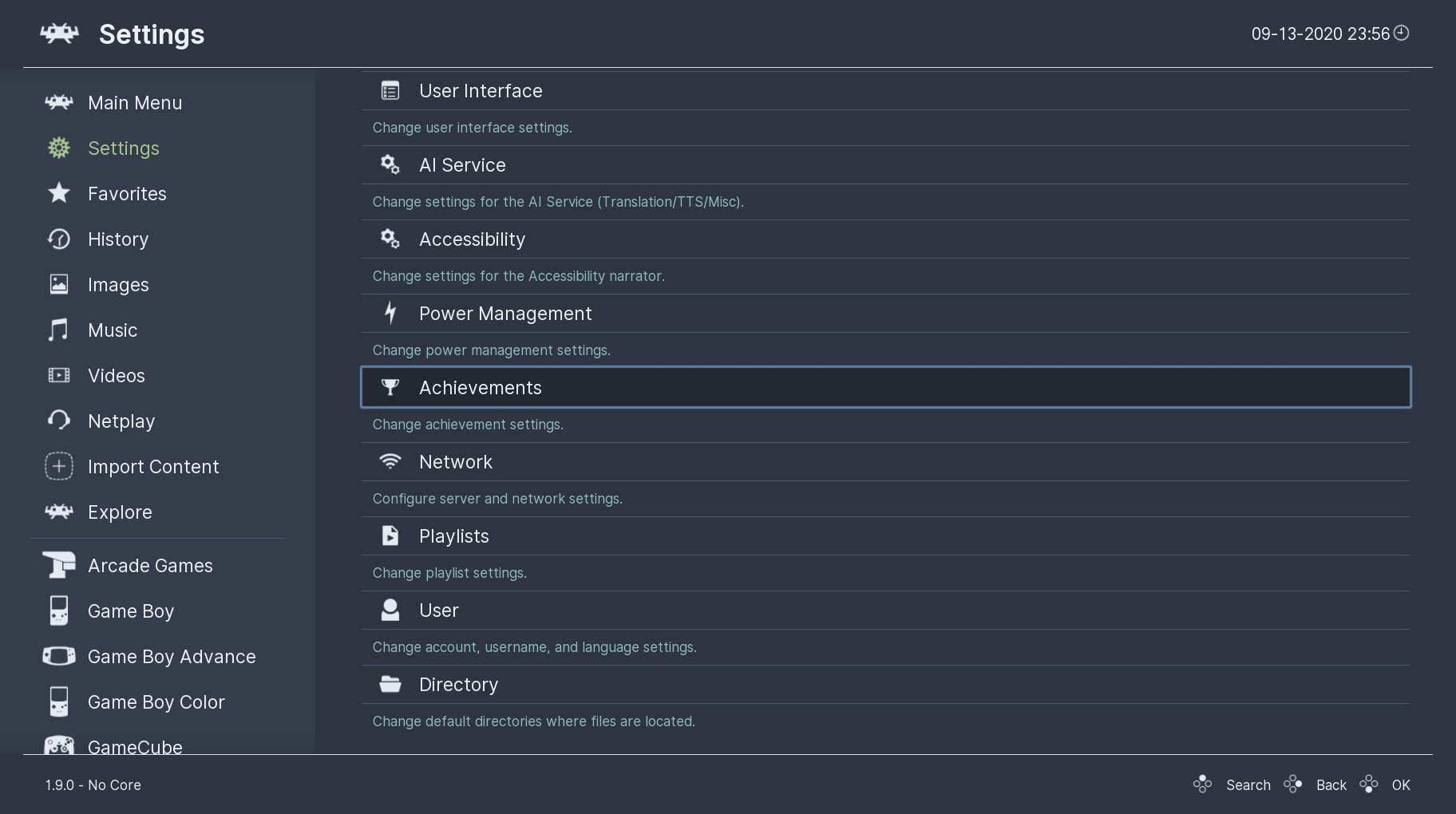

- Retroarch not detecting psp iso files full#
- Retroarch not detecting psp iso files software#
- Retroarch not detecting psp iso files Pc#
- Retroarch not detecting psp iso files ps3#
- Retroarch not detecting psp iso files plus#

These aren’t exact, but they’re pretty much what you should expect out of quality – we recommend using 8x if your hardware can handle it, or even 16x if you want to forgo the need for AA and have the hardware power for it.
Retroarch not detecting psp iso files software#
Software framebuffer/adaptive smoothing – Keep these on.Then copy-paste the cue file text into a Notepad file, save it using the exact same file name as the game’s main image file, and save it in the same folder as the main image file. Note that if the ripped PS1 game is divided into different audio tracks, you should copy them all into the online tool as well, so all the game files are contained in one “cue” file. Just drag-and-drop the game’s img or bin file into the box on the site, and it will generate the “cue” file text for it. If for whatever reason you don’t have the “cue” file accompanying your “bin” file, or if your ripped PS1 game is in another format like “img”, then you’ll need to create a “cue” file for that game and put it into the same folder as the main image file.Ĭreating a CUE file is simple enough, and to make it even simpler you can use this online tool to generate the text for a cue file. This will essentially divide the output files into the BIN file, which stores most of the game data, and the CUE file, which is what Retroarch searches for when you scan for PS1 games. When you rip a PS1 game, you should always make sure that you do it into the BIN or BIN/CUE format.
Retroarch not detecting psp iso files full#
Some games may work without a BIOS, but for full compatibility we highly recommend one. If you’ve followed up to to this point, your controller is ready to use, and you’ve acquired the PS1 bios file(s) that you’ll need to play your games. Note that the BIOS file names are case-sensitive, so need to be written without caps, and suffixed with ‘.bin’. You can check the default directory that Retroarch scans for BIOS files under “Settings -> Directory -> System/BIOS”. What we can tell you is that the most common bios files are:
Retroarch not detecting psp iso files Pc#
Retroarch not detecting psp iso files ps3#
I recommend a PS3 pad for that authentic control experience or an Xbox One pad for better support. PS1 BIOS, Gamepad, and Other Things You Needįor optimal RetroArch PS1 emulation, you’ll want the following:

Some emulators, however, are actually made just for RetroArch, and because of this they may even be better than modern standalone emulators on the scene. RetroArch’s emulators, called “cores,” are generally ported emulators from other developers in the scene. Emulating games on PC usually means a full emulator and different program per platform, but RetroArch can actually emulate quite a large number of systems, all within a single program. It can run on several PC operating systems (Windows, macOS, Linux), home consoles (PlayStation 3, Xbox 360, Wii U, etc.), handheld consoles (PlayStation Vita, Nintendo 3DS, etc.), on smartphones (Android, iOS, etc.), single-board computers (Raspberry Pi, ODROID, etc.) and even on web browsers by using the Emscripten compiler.RetroArch isn’t an emulator in and of itself – think of it as a hub for emulators and media accessible under a single, unified interface. RetroArch has been ported to many platforms.
Retroarch not detecting psp iso files plus#
RetroArch runs programs converted into dynamic libraries called libretro cores, using several user interfaces such as command-line interface, a few graphical user interfaces (GUI) optimized for gamepads (the most famous one being called XMB, a clone of Sony's XMB), several input, audio and video drivers, plus other sophisticated features like dynamic rate control, audio filters, multi-pass shaders, netplay, gameplay rewinding, cheats, etc. It is the reference implementation of the libretro API, It is licensed under the GNU GPLv3. RetroArch is a free, open-source and cross-platform front-end for emulators, game engines, video games, media players and other applications.


 0 kommentar(er)
0 kommentar(er)
